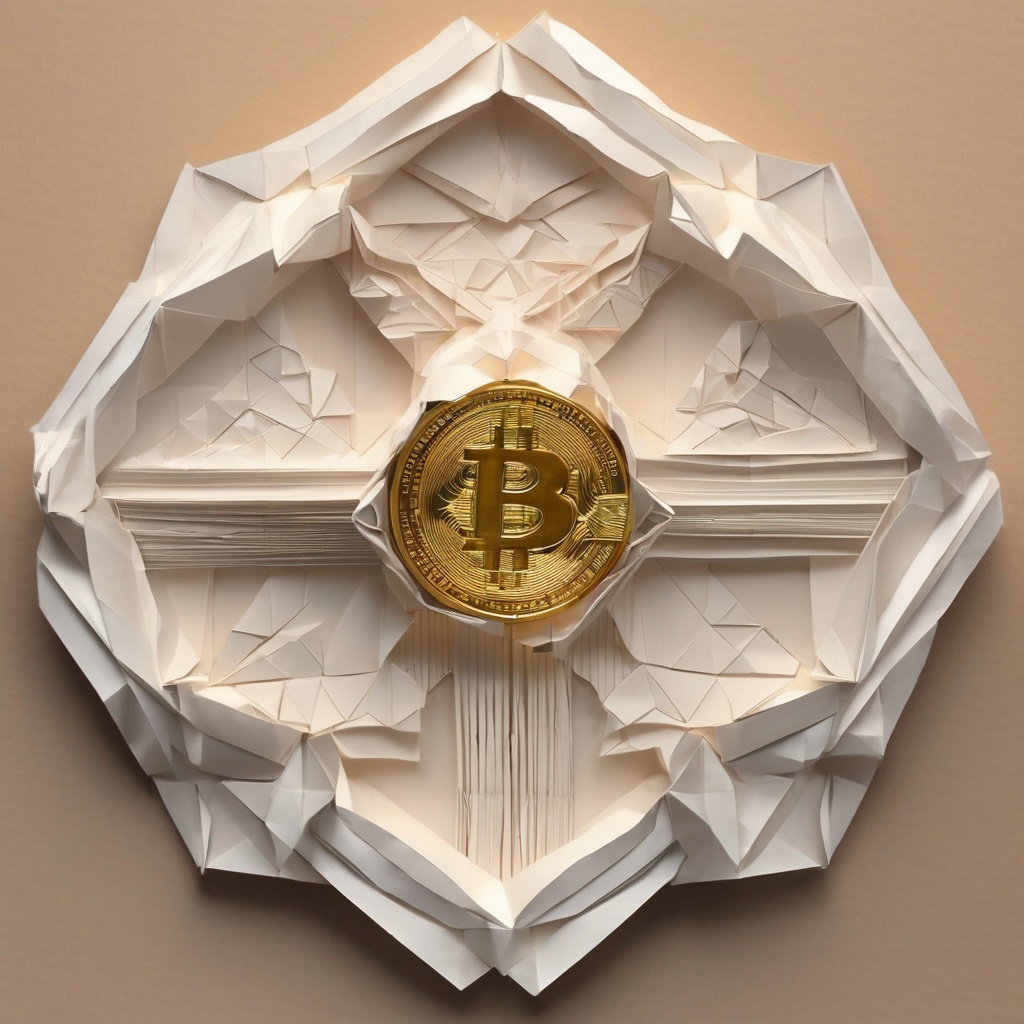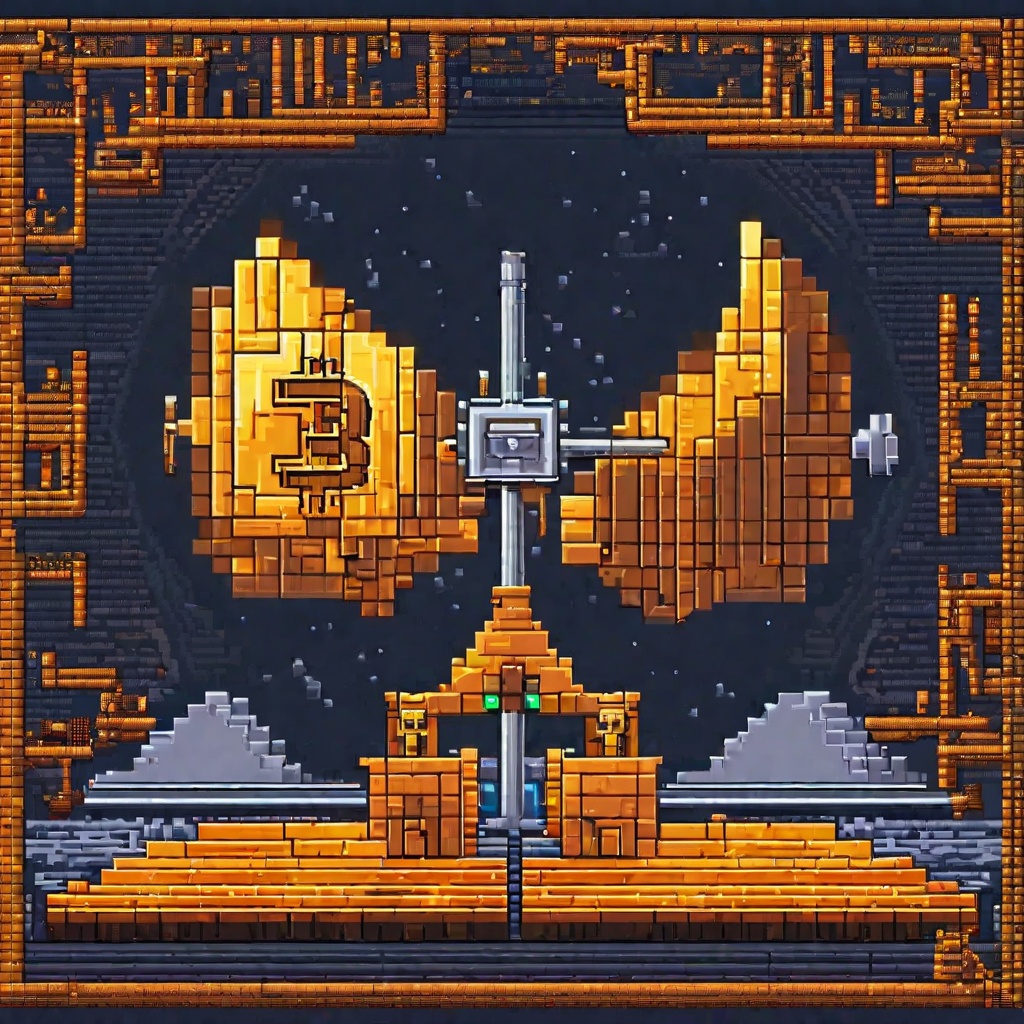Will Morocco introduce a crypto Bill?
As the world of cryptocurrency continues to expand and gain traction, many countries are considering the introduction of legislation to regulate this emerging market. Morocco, a nation at the crossroads of trade and culture in Africa, is no exception. Given its strategic position and robust economy, will Morocco soon introduce a crypto Bill to guide the use and development of digital currencies within its borders? Such legislation would not only help safeguard investors but also promote the responsible adoption of this innovative technology. The question remains: Will Morocco seize this opportunity to lead the way in Africa and establish itself as a hub for cryptocurrency development?

Is Morocco a good place to trade Bitcoin?
Could you elaborate on the factors that one should consider in determining whether Morocco is a favorable destination for Bitcoin trading? Some might argue that the regulatory landscape and economic stability are key indicators. What's the current stance on cryptocurrencies in Morocco's legal framework? Are there any specific tax implications or restrictions that traders should be aware of? Additionally, how does Morocco's infrastructure, such as internet connectivity and banking services, support digital currency transactions? Lastly, what's the general sentiment among the Moroccan community towards Bitcoin and other cryptocurrencies? Your insights would be greatly appreciated in answering this question.

Are crypto exchanges regulated in Morocco?
The question of whether crypto exchanges are regulated in Morocco remains a pertinent one, given the recent developments in the country's regulatory framework. While Morocco has taken a cautious stance towards cryptocurrency, with the government issuing warnings against its use and prohibiting transactions, there seems to be a shift in sentiment. Recently, the Moroccan Central Bank announced that a legal draft regulating the country's cryptocurrency market is ready and set to be submitted for discussion. This suggests that Morocco is moving towards establishing a formal regulatory framework for crypto exchanges. However, until the legislation is finalized and implemented, it remains unclear whether crypto exchanges are fully regulated in Morocco. This leaves investors and enthusiasts alike wondering about the legality and security of transacting in cryptocurrencies within the country.

What is the best crypto exchange in Morocco?
I'm interested in exploring the cryptocurrency market in Morocco, and I'm wondering: What is the best crypto exchange in the country? I've heard of several platforms but I'm not sure which one offers the most comprehensive services, secure transactions, and competitive pricing. Additionally, I'm curious if there are any local regulations or restrictions that I should be aware of before choosing an exchange. Could you please provide some insights and recommendations on the best crypto exchange in Morocco?

Who is involved in implementing a crypto law in Morocco?
In Morocco, the process of implementing a crypto law is a multifaceted one that involves several key stakeholders. Firstly, the Moroccan government, specifically the Ministry of Finance and its related regulatory bodies, plays a pivotal role in drafting and approving the legislative framework. They conduct thorough research, consult with industry experts, and take into account international best practices to ensure the law aligns with Morocco's economic and social objectives. Secondly, the banking and financial sector, including traditional banks and financial institutions, are closely involved. They provide crucial input on the implications of the law for their operations and help ensure the legislation is practical and enforceable. Moreover, crypto exchanges and service providers operating in Morocco are also consulted. Their expertise and experience in the cryptocurrency space are invaluable in shaping a law that promotes innovation while safeguarding consumers and investors. Finally, the Moroccan public, including crypto enthusiasts and ordinary citizens, also have a voice in the process. Their opinions and feedback, gathered through public consultations and surveys, are taken into account to ensure the legislation is responsive to the needs and aspirations of the Moroccan people. So, in summary, the implementation of a crypto law in Morocco involves a collaboration between the government, the banking sector, crypto exchanges and service providers, and the general public.

